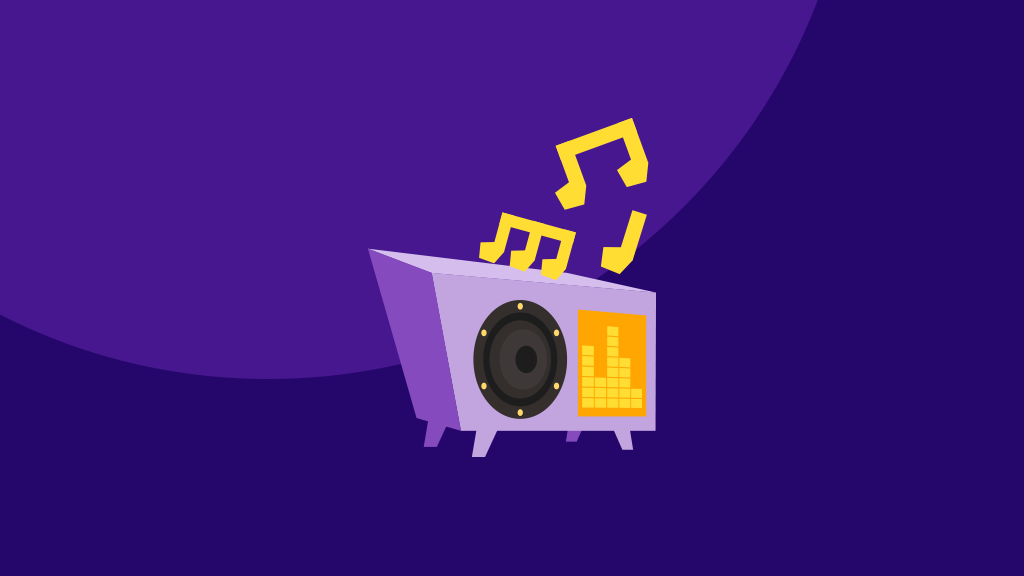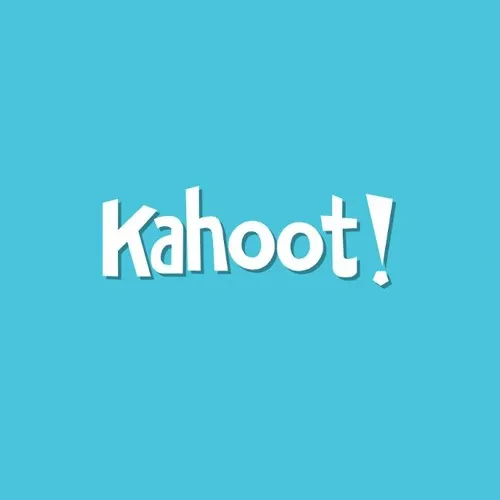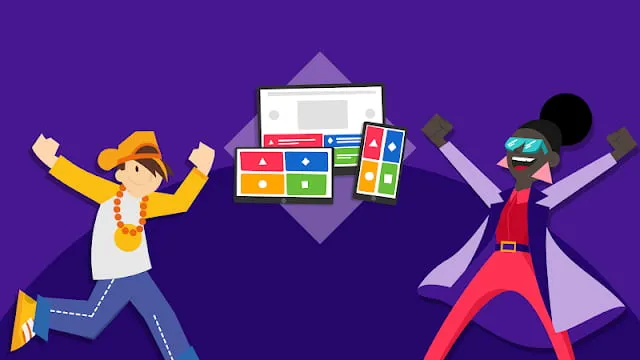In the world of online learning and virtual quizzes, Kahoot has emerged as a leading platform. It engages millions with its interactive format and distinctive Kahoot music.
But with popularity comes questions, particularly about the legality of its use.
“Is the Kahoot music copyrighted?” is a query that resonates with content creators and educators alike, who wish to enrich their material without infringing on intellectual property rights.

The Legal Beat of Kahoot’s Music
Kahoot’s lobby music, with its vibrant and catchy melody, not only sets the tone for a dynamic and enjoyable learning session but also serves as a unifying force that brings participants together.
As players wait in the lobby, the music acts as a universal language, signaling the start of an engaging educational journey.
It’s a shared experience that transcends cultural and linguistic barriers, fostering a sense of camaraderie and collective excitement.
This auditory hallmark of Kahoot has become deeply ingrained in the platform’s identity, making it instantly recognizable and often associated with the positive emotions of discovery and competition.
Kahoot Music
Kahoot’s music serves as a prime example of how digital platforms navigate the complexities of copyright law.
Despite being copyrighted, the platform’s music has been broadly utilized across various online environments, prompting discussions about legal boundaries.
Kahoot provides clear guidelines through its Acceptable Use Policy, which details permissible uses of its resources, including music, to ensure that users can engage with the platform’s educational tools without infringing on intellectual property rights.
This policy is crucial for educators and content creators who wish to incorporate Kahoot’s music into their work, as it delineates the limits of use and helps foster a culture of respect for copyright within the community.

The Impact of Copyright on Content Creators
The realm of copyright law presents a labyrinth for content creators, especially when it comes to incorporating music like Kahoot’s into their projects.
The stakes are high; unauthorized use can trigger copyright claims, leading to the removal of content, loss of revenue, or even lawsuits.
It’s imperative for creators to be well-versed in copyright regulations and to either obtain explicit permission for use or to opt for music that is royalty-free or falls under Creative Commons licenses.
This proactive approach not only safeguards their work from legal disputes but also respects the rights of original creators.
